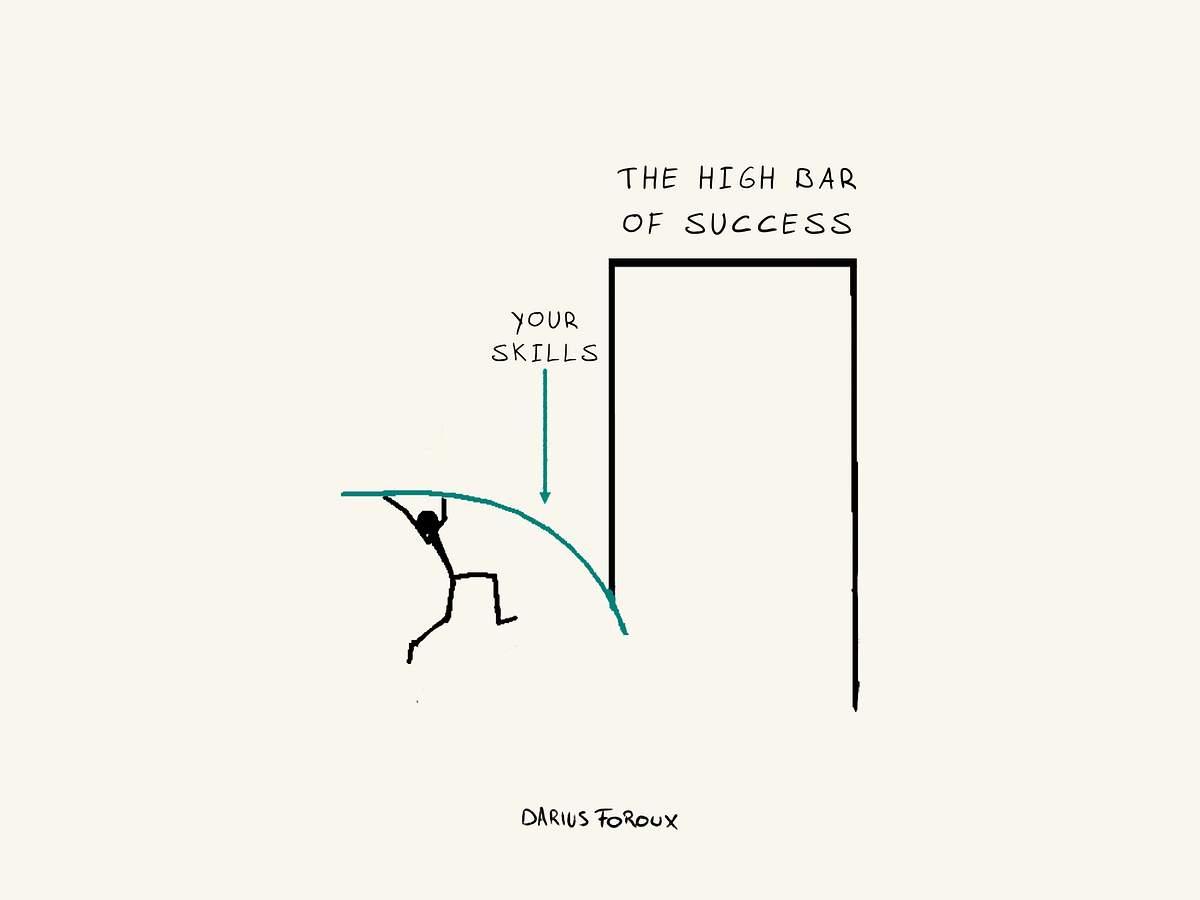Overcoming Disadvantages and Achieving Success in Life: A Guide for the Unconventional
Belangrijkste concepten
Anyone can achieve success in life, even with disadvantages or a late start, by becoming a dedicated self-learner and developing a growth mindset.
Samenvatting
The article is written for individuals who may not have been born with inherent advantages, such as wealth or exceptional talents, but still aspire to succeed in life. The author shares his own experience of facing doubts and challenges early on, but eventually finding a path to success on his own terms.
The key strategies outlined in the article include:
Becoming a relentless self-learner: The author emphasizes the importance of taking responsibility for one's own education and continuously seeking out new knowledge and skills, rather than relying on others to provide information.
Developing a growth mindset: The author highlights the need to adopt a mindset that embraces challenges and views them as opportunities for growth, rather than succumbing to self-doubt or external skepticism.
Focusing on personal definition of success: The author defines success as being content with one's life and work, without resentment or anger, rather than adhering to societal or external measures of achievement.
Perseverance and determination: The author's own journey demonstrates the importance of persistence and a willingness to forge a unique path, even in the face of doubts and obstacles from others.
The article encourages readers to take control of their own personal development and to redefine success on their own terms, rather than being limited by their circumstances or perceived disadvantages.
How to Succeed at Life (even if you start late or have a disadvantage)
Statistieken
"Nothing was ever handed to me. My teachers in school doubted me. When I applied for jobs, people didn't take me seriously."
"From around the age of 30, I slowly started on a new path that led me to success according to my own definition."
Citaten
"You can still succeed even if you have no special skills or talent."
"To me, you succeed when you're content with your life and work. And there's no resentment or anger in how you spend your days."
Belangrijkste Inzichten Gedestilleerd Uit
by Darius Forou... om dariusforoux.medium.com 07-09-2024
https://dariusforoux.medium.com/how-to-succeed-at-life-even-if-you-start-late-or-have-a-disadvantage-533a8176d799
Diepere vragen
How can individuals develop a growth mindset and overcome self-doubt in the face of external skepticism or challenges?
Developing a growth mindset involves believing in one's ability to learn and improve, regardless of external circumstances or initial disadvantages. To overcome self-doubt in the face of external skepticism or challenges, individuals can start by reframing their mindset. This can be done by embracing challenges as opportunities for growth, viewing failures as learning experiences, and understanding that effort and perseverance lead to mastery. By focusing on continuous learning and development, individuals can build resilience against self-doubt and external skepticism. Seeking support from mentors, surrounding oneself with positive influences, and celebrating small victories can also help in fostering a growth mindset and overcoming self-doubt.
What are some potential drawbacks or limitations of defining success solely based on personal contentment, and how can one balance this with external measures of achievement?
While personal contentment is essential for overall well-being, solely defining success based on it may lead to complacency and a lack of ambition. One potential drawback is the risk of settling for mediocrity and not striving for personal growth or challenging oneself. Additionally, focusing only on personal contentment may disregard external measures of achievement, such as career advancement, financial stability, or societal recognition, which can also contribute to a sense of fulfillment. To balance personal contentment with external measures of achievement, individuals can set both intrinsic and extrinsic goals, aligning their values and passions with tangible outcomes. By acknowledging and valuing external achievements while prioritizing personal contentment, individuals can create a more holistic definition of success that encompasses both internal satisfaction and external recognition.
What role do social and economic factors play in an individual's ability to pursue self-directed learning and personal development, and how can these barriers be addressed?
Social and economic factors can significantly impact an individual's ability to pursue self-directed learning and personal development. Limited access to educational resources, financial constraints, lack of mentorship, and societal expectations can create barriers to self-improvement. Individuals from disadvantaged backgrounds may face challenges in accessing quality education, networking opportunities, or career advancement pathways. To address these barriers, it is crucial to advocate for equal access to education and resources, promote mentorship programs, and create supportive environments for personal development. Initiatives such as scholarships, skill-building workshops, and community outreach programs can help bridge the gap caused by social and economic factors, enabling individuals to pursue self-directed learning and personal growth regardless of their background. By addressing these barriers, society can empower individuals to reach their full potential and contribute meaningfully to their personal and professional lives.
0
